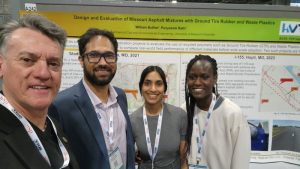
Jan. 15, 2025
Mizzou Civil Engineers receive High Value Research Award
Researchers from the Missouri Center for Transportation Innovation (MCTI) accepted a High Value Research Award for their work in sustainable pavements.
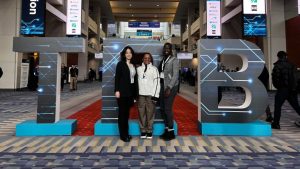
Jan. 15, 2025
Mizzou civil engineering students shine at Transportation Research Board Annual Meeting
Four civil engineering PhD students attended the conference presenting their research around improvements in transportation and safety. Two of the students received an award for their co-authored work.
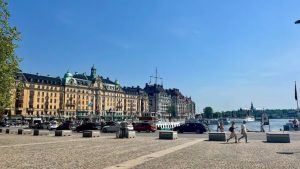
Jan. 14, 2025
Five reasons Mizzou Engineers should study abroad
Mizzou has more than 200 study abroad programs for students to choose from. Read five reasons we recommend students apply to a study abroad program.
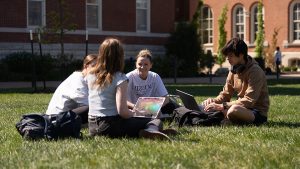
Dec. 20, 2024
Mizzou Engineering Fall 2024 Senior Capstone Projects
Mizzou Engineering students tackle real-world problems through the Missouri Method, including senior capstone projects. This semester, projects included creating new medical dispensers, optimizing production flows, and designing a blue hydrogen plant.
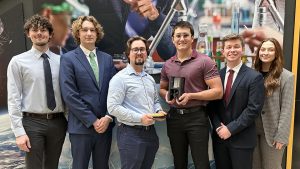
Dec. 20, 2024
Mechanical engineers develop accessible medicine dispenser for capstone project
Connor Biggs, Caden Cooley, Ryan Deloney, Kathryn Eberhart, Cameron Epperson and Cooper Hinkle developed a medicine dispenser for people with fine motor disabilities for their capstone.

Dec. 20, 2024
Information technology students develop an educational AI bot for capstone project
Colin Buchheit, Jake Culberton, Max Cytron, Jakob Donald and Zohn Wheeler set out to create an education-based AI bot available to students 24/7.
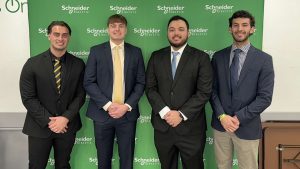
Dec. 20, 2024
Industrial engineers improve company overall production system through capstone project
Ben Ennis, Miles Kousoulas, Mohammad Mayyal and Brian Oster optimized Schneider Electric’s overall production flow.
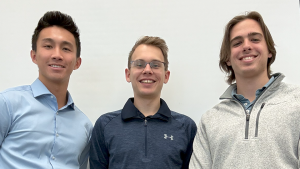
Dec. 20, 2024
Computer science students create dynamic augmented reality experience for capstone project
Computer science students Joe Kelley, Andrew Kruszka and Chris Wang developed a novel augmented reality solution that enables users to customize their physical spaces with digital experiences.
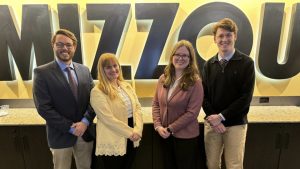
Dec. 20, 2024
Chemical engineers solve AIChE Design Challenge for capstone project
Chemical engineering Students Becca Bessette, Lilly Orskog, Ethan Simpkins and Reid Wetherington, designed a blue hydrogen plant for their capstone project
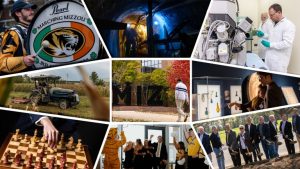
Dec. 18, 2024
Mizzou soared in ’24
With student successes, record-breaking investments in world-changing research and increased rankings, it’s been a good year on campus.